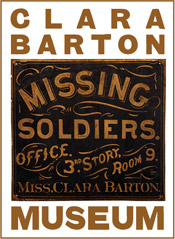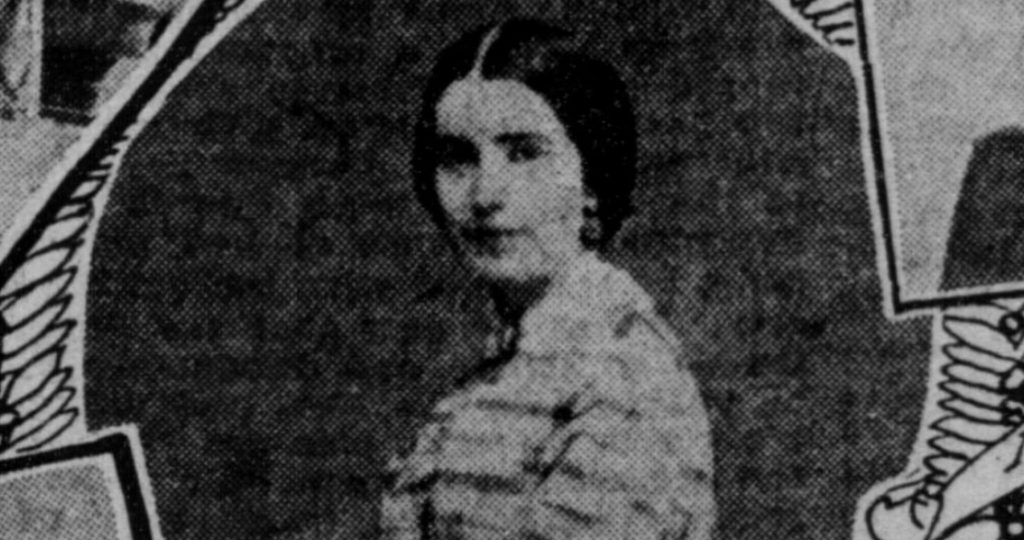
Clara Jones: A Forgotten Civil War Nurse
January 27, 2018 @ 11:00 am - 12:00 pm
| Pay-what-you-pleaseDiscover the story of Clara Jones, a full-time teacher whose remarkable wartime experiences included assisting the wounded aboard a hospital ship, and at hospitals in Alexandria, Virginia, and at Gettysburg, Pennsylvania.
Historian John Lustrea will tell the story of forgotten Civil War nurse Clara Jones at the Clara Barton Missing Soldiers Office Museum on January 27 at 11 AM.
Since entering the public record in 2003 when Clara Jones’ letters were donated to the museum, very few have read them. They tell an incredible tale of sacrifice and compassion. Jones was an unmarried 28 year old single woman when the Civil War broke out. While she wanted desperately to rush to the front to comfort sick and wounded soldiers, she needed the pay of her full-time teaching job to support herself. That did not stop her from traveling to the front on school breaks of any length. Come hear about her amazing efforts.
John Lustrea is the blog editor and website manager at the National Museum of Civil War Medicine. He received his MA in Public History from the University of South Carolina, Columbia. John spent four summers working at Harpers Ferry National Historical Park as a seasonal ranger.
Details
- Date:
- January 27, 2018
- Time:
- 11:00 am - 12:00 pm
- Pay-what-you-please
- Event Category:
- Pay-what-you-please
- Event Tags:
- Civil War, Civil War nurse, Clara Barton Missing Soldiers Office, Clara Jones, John Lustrea, Nurse, Pay What You Please
Organizer
- Jake Wynn
- Phone
- 301-695-1864, ext. 1009
- jake.wynn@civilwarmed.org
Venue
- Clara Barton Missing Soldiers Office Museum
-
437 7th Street NW
Washington, 20004 United States + Google Map


